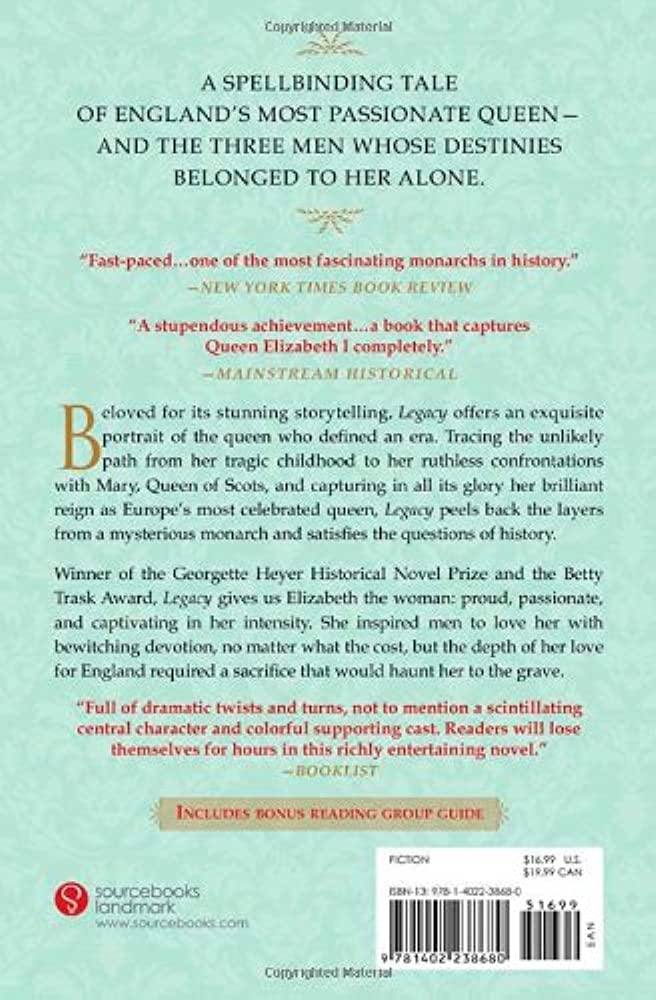Cleopatra and Queen Elizabeth I were powerful female leaders who defied societal norms to leave their mark on their respective eras. Cleopatra, the last pharaoh of Egypt, was known for her charisma, intelligence, and strategic prowess, while Queen Elizabeth I was known for her political acumen, strategic decision-making, and contributions to the arts and culture. Both women have left indelible marks on history, and their cultural legacies are still felt today. Even though they lived centuries apart, their influence continues to inspire generations of women to stand up for themselves and assert their authority.
Cleopatra vs. Queen Elizabeth I: Comparing the Legacies of Two Iconic Female Leaders
Introduction
Women have always played an influential role in shaping history across the globe. But few female leaders have left a lasting impression like Cleopatra and Queen Elizabeth I. Both were powerful queens who defied societal norms to assert their authority and leave a mark on their respective eras. In this article, we’ll draw a comparison between the legacies of these two iconic female leaders and explore what made them so unforgettable.
Background
Cleopatra, the last pharaoh of Egypt, was born in 69 BC and is believed to have ruled Egypt from 51 BC to 30 BC. She was a member of the Ptolemaic dynasty and was fluent in multiple languages. Her charisma and intelligence made her one of the most remarkable women of all time, and she is often remembered for her romantic affairs with Julius Caesar and later, Mark Antony.
Queen Elizabeth I, also known as the Virgin Queen, was born in 1533 and became the queen of England in 1558. She ruled England for over 44 years and was one of the most successful monarchs to have ever reigned. She was known for her intelligence, political acumen, and strategic decision-making, which helped England establish its dominance in Europe.
Comparing Leadership Styles
Despite ruling in different eras, both Cleopatra and Queen Elizabeth I were known for their strong leadership qualities and the impact they had on their respective societies. Cleopatra was known for her strong personality and her ability to negotiate and form alliances with powerful men. She was also known for her keen intellect and strategic prowess, which helped her maintain her position as the ruler of Egypt.
On the other hand, Queen Elizabeth I was known for her political acumen and her ability to make decisions that were in the best interest of her people. She was a patron of the arts and played a significant role in promoting the Elizabethan era’s literary and cultural achievements. She was also known for her communication skills and her talent for inspiring her people.
Cultural Legacy
Both Cleopatra and Queen Elizabeth I have left indelible marks on history, and their cultural legacy is still felt today. Cleopatra is often depicted as a seductress, thanks to her romantic affairs with Julius Caesar and Mark Antony. Her story has been immortalized in literature, film, and art, making her one of the most recognizable figures in popular culture.
Queen Elizabeth I, on the other hand, is known for her contributions to the arts and literature. The Elizabethan era is often regarded as one of the most significant periods in British history, and Elizabethan literature and theatre are still studied and appreciated today. Elizabeth I’s reign also saw significant advancements in science, technology, and exploration, contributing to the Renaissance era’s cultural and intellectual achievements.
Conclusion
In conclusion, the legacies of Cleopatra and Queen Elizabeth I are as different as they are similar. Both women were powerful leaders who defied societal norms and left a lasting impression on their respective eras. While Cleopatra is known for her charisma, intelligence, and romantic liaisons, Queen Elizabeth I is known for her political acumen, strategic decision-making, and contributions to the arts and culture. Even though they lived centuries apart, their influence can still be felt today, and they continue to inspire generations of women to stand up for themselves and assert their authority.
